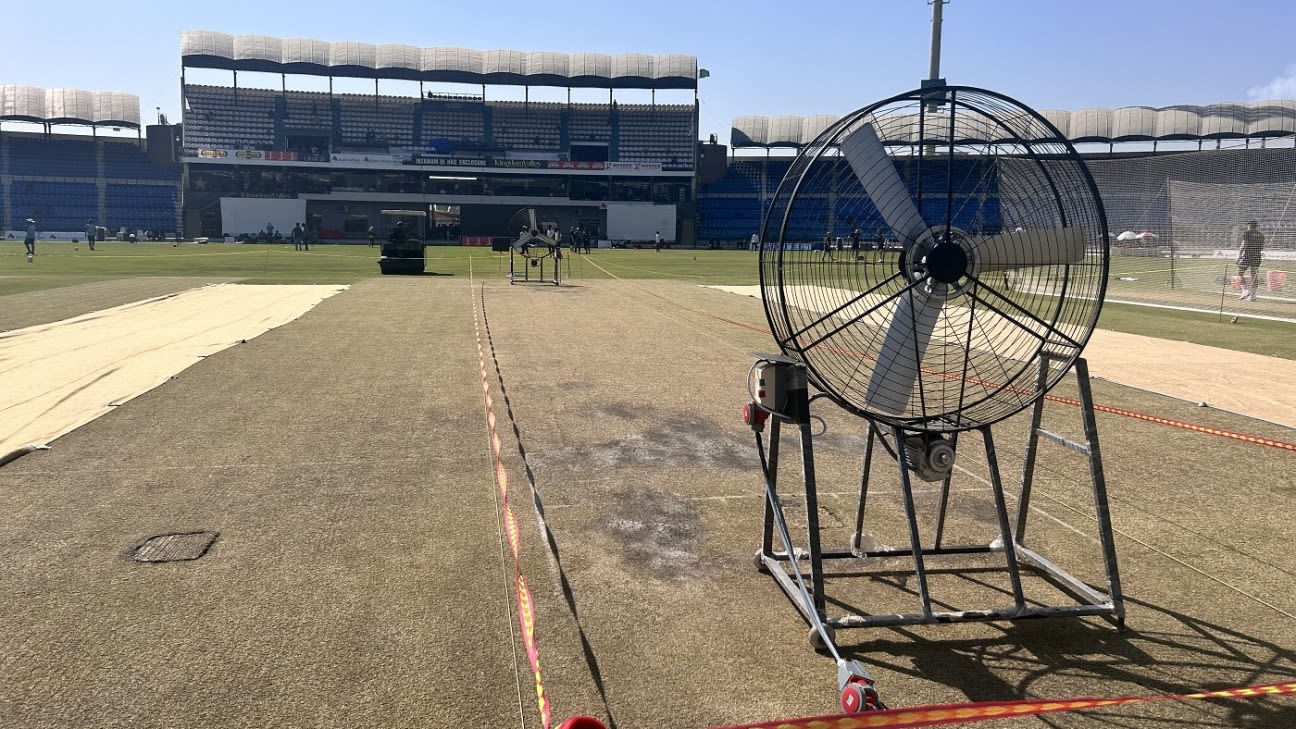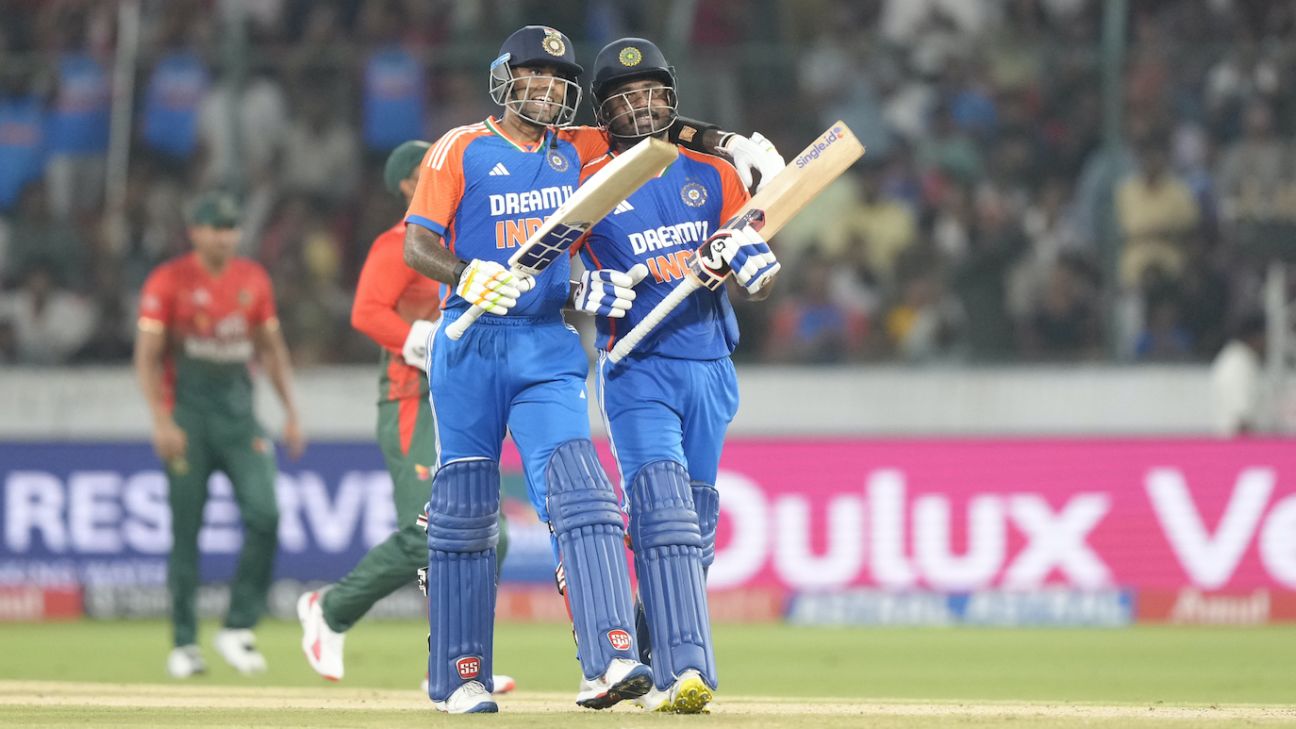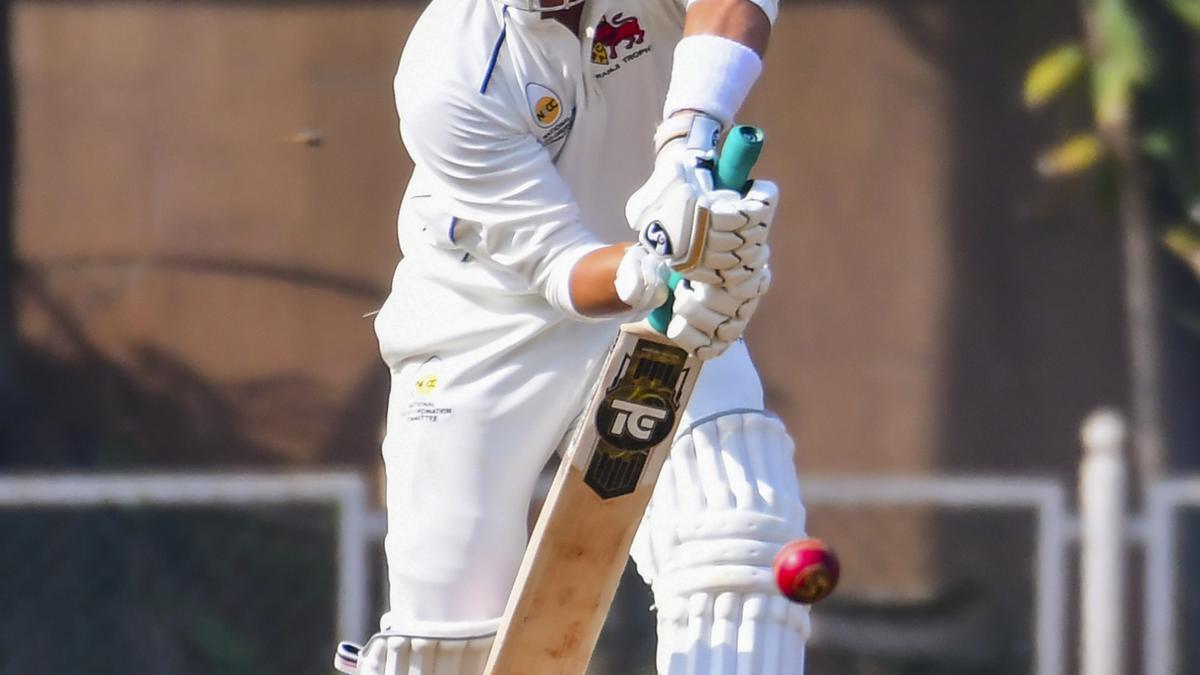The International Cricket Council (ICC) has deemed the pitches prepared for Pakistan’s recent Test series against England as “satisfactory,” despite the surfaces drawing significant attention for their contrasting nature.
In the first Test, Pakistan’s flat pitch allowed both teams to amass massive totals, with England setting a record-breaking 827 for 7 declared. However, Pakistan’s subsequent innings collapse led to a result that seemed improbable earlier in the match.
Following this defeat, Pakistan drastically altered their pitch-making strategy. For the second Test in Multan, they reused the same surface and employed giant fans to dry it out. The third Test in Rawalpindi, a venue known for its lack of spin, also involved fans and heaters to break up the surface.
These changes resulted in pitches that provided significant assistance to spinners, with all 40 of England’s wickets in the last two Tests falling to spin. Pakistan won the second Test on the fourth day, while the third Test ended before lunch on day three.
Despite the contrasting nature of the pitches, England raised no public objections, while Pakistan maintained their right to prepare surfaces that offered them home advantage. The ICC’s “satisfactory” rating reflects this view, as it is the lowest rating that does not constitute a censure.
The ICC rates pitches and outfields on a scale from “very good” to “unfit.” An “unsatisfactory” rating results in one demerit point, while an “unfit” rating incurs three. Grounds that accumulate five or more demerit points within a five-year period are suspended from hosting international cricket for 12 months.
This was the third consecutive Test in Rawalpindi where the pitch came under scrutiny. In 2022, the surface was rated “below average” and docked a demerit point, which was later rescinded on appeal.






